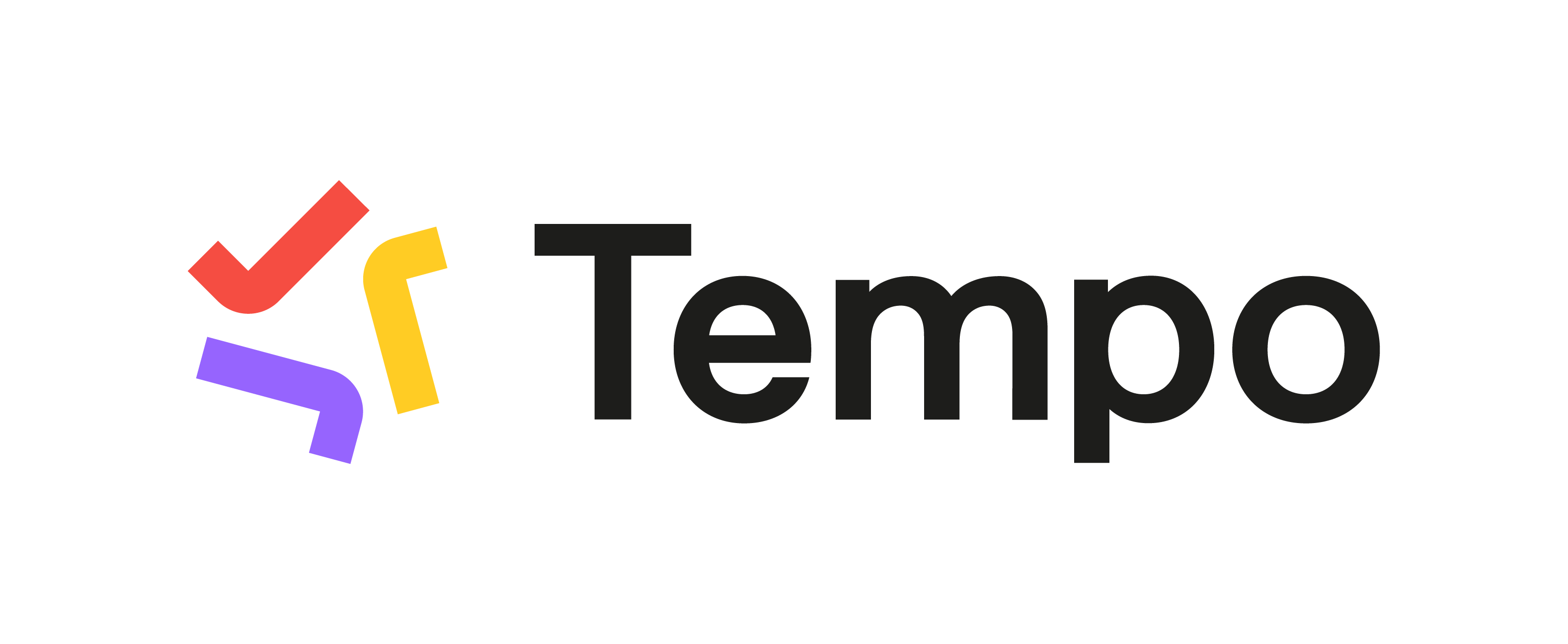Everyone uses the Scaled Agile Framework (SAFe) a bit differently, but Structure is highly customizable and easy to tailor to your specific SAFe needs.
Step 1: Build a SAFe Structure
To create a structure for SAFe:
-
Open the Structure Selector menu and select Create New Structure
-
Add initiatives: +Add | Insert | JQL Query | enter the appropriate JQL, such as
"Project = 'project name' AND issuetype = initiative" -
(For non-Jira Plans users) Add epics below initiatives: +Add | Extend | Linked Items | choose the type and direction used to assign Epics to Initiatives, such as "Implements" or "Parent (Advanced Roadmaps)"
-
Add the rest of your work items: +Add | Extend | Child Work Items | under Add, select Work Items under epics, Sub-tasks, and (for Jira Plan users) Jira Plans hierarchy.
-
Sort by rank: +Add | Sort | Field | select "Rank"
If you use a custom field for planning, such as Planning Increments, you can group work items by this field as well: +Add | Group | select the custom field
Step 2: Add Data
Next, add the data you need to track by clicking the + button at the top-right corner of the structure. You can add as many columns as you need, including:
-
Jira Fields - For each Jira field, Structure offers a column that displays that field's value.
-
Progress - Display an aggregate work item progress, which is calculated based on values from the work item and its sub-work items.
-
Totals - Display aggregate values for work item progress, which include progress values from sub-work items.
-
Service Management - Jira Service Management customers can visualize and manage SLA fields within a structure.
-
Work Logged - View and manage Timesheets by Tempo work logged data alongside your project data.
-
Many more - To learn more about the available columns, see Adding Columns .
Once you've added your columns, you can aggregate the data up the structure. To do so, open the column you want to aggregate and select Sum over sub-items.
